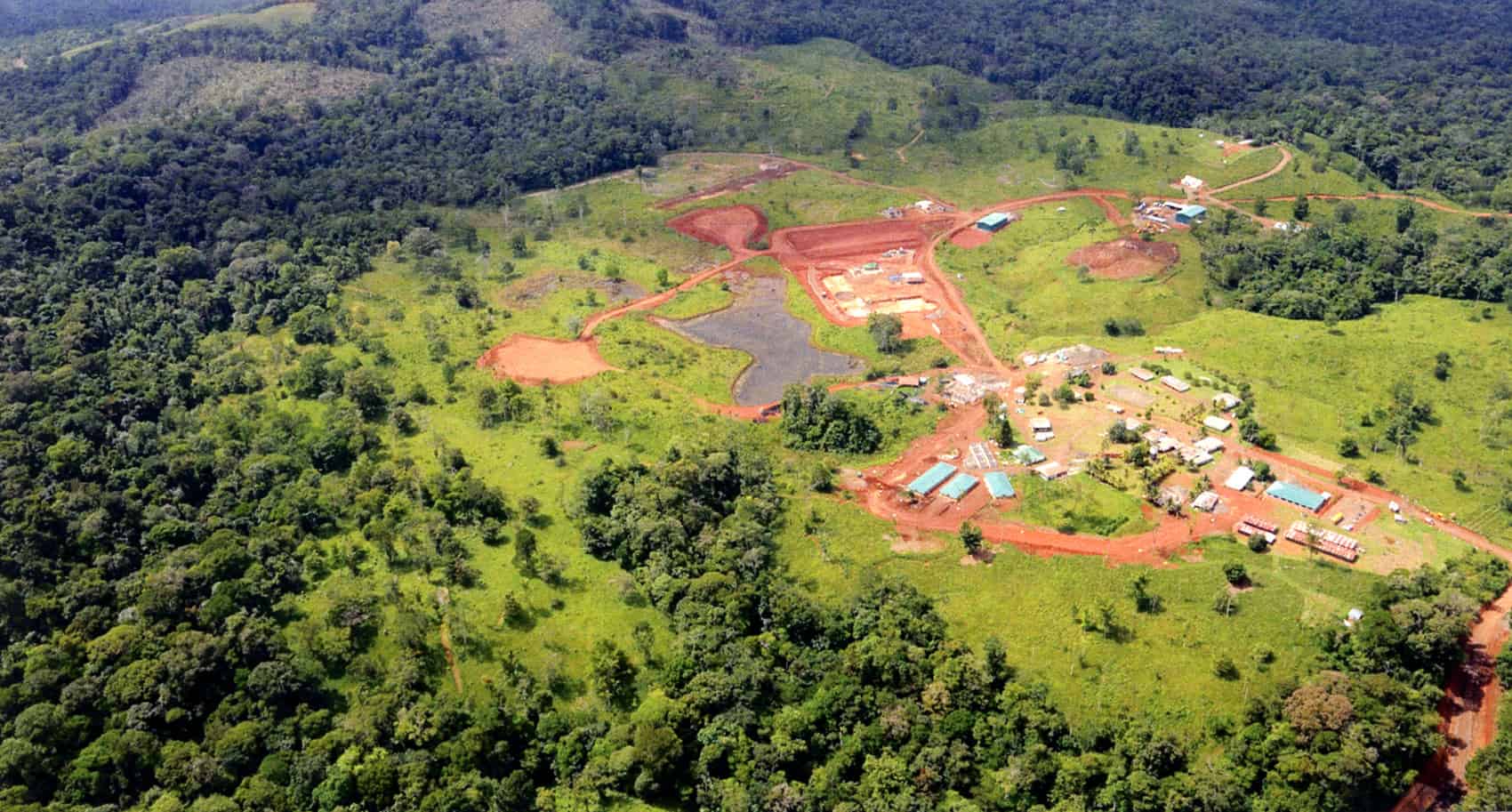Most of us are familiar with zombies featured in scary B movies, otherwise known as the living dead. Now a recent study by Tony Simon, co-founder of the Canadian entity Venture Capital Markets Association, has found that there are some 588 junior resource firms with negative working capital (more dead than alive) listed on the Toronto Stock Exchange Venture Exchange (TSXV).
These include Infinito Gold, the Calgary-based mining company that is still fighting over its defunct open-pit gold mine project in Costa Rica.
This appears to be contrary to the Venture Exchange’s continued listing requirements, which stipulate that firms have to be able to show at least 50,000 Canadian dollars ($41,000) in working capital (more alive than dead). Mr. Simon uses the term “zombie company” for corporations bleeding red ink and suggests that the TSXV follow its own rules and de-list them right away (and protect the small investor).
Mr. Simon has Infinito Gold sitting at #587 on his “zombie” list — sporting the second greatest negative working capital, a whopping negative $127 million.
With no functioning mines to draw capital from, and its own CFO cautioning trouble if any of the long overdue loans are called in, Infinito Gold should be six feet under, except for a major shareholder who from behind the scenes keeps loaning money to keep the firm on life support.
Some 15 years ago Infinito Gold bought previously prospected land in northern Costa Rica (Las Crucitas) thinking to establish an open-pit gold mine. But from the get-go the company chose to ignore the many signs that this Central American nation sees itself as an eco-friendly destination, wishing to avoid the damage that mining can unleash on pristine rivers and forests.
For Infinito Gold a “No” from Costa Rica has never meant “No.” This despite the fact that polls have shown that 80 percent of Costa Ricans oppose the mine, a statistic backed by large street demonstrations.
A single-minded Infinito has lumbered on over the years employing a battery of local lawyers to unsuccessfully challenge Supreme Court decisions ordering (and then re-confirming) the mine’s closure, while simultaneously trying to intimidate Costa Rican academics and environmentalists by suing those who dared to speak out (Infinito lost all six of these court cases).
You might think that after scoring zero in the country’s domestic court system, Infinito would have called it quits. Not so! The company’s main backer has sought to up the ante by bankrolling this shell of a company to try and land a $94 million mega-award against Costa Rica via a private, investor-friendly, World Bank tribunal, the International Centre for Settlement of Investment Disputes (ICSID).
Canada has felt the fiscal pain of being the biggest loser of international investor challenges to domestic public policy under the 20-year-old North American Free Trade Agreement (NAFTA). But apparently no lessons have been learned here as the country is now providing cover for this ICSID challenge by a zombie Canadian firm determined to make Costa Rica pay for the courage shown by its judges in upholding the country’s environmental legislation.
Rick Arnold is a retired Canadian social activist who has lived and worked in Costa Rica.
Editor’s note: The Tico Times sought a response from Infinito Gold to this opinion piece. Calls made to the company’s Costa Rica office and to its Canadian headquarters were not returned, and emails were unanswered.

